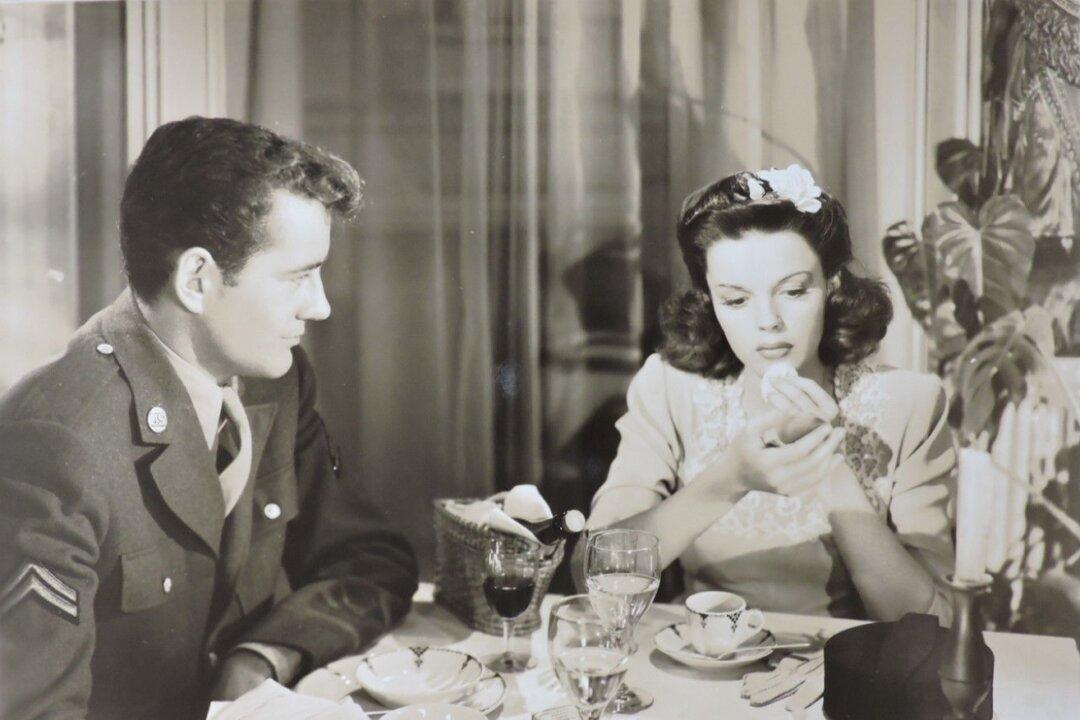NR | 1 h 30 mins | Romance, Drama | 1945
On Nov. 5, time falls back an hour in most of the United States as Daylight Savings Time ends. This focus on turning back time made me think of the classic movie, “The Clock,” from 1945. This charming romantic comedy stars Judy Garland and Robert Walker as two young people who meet in New York by chance during World War II.






